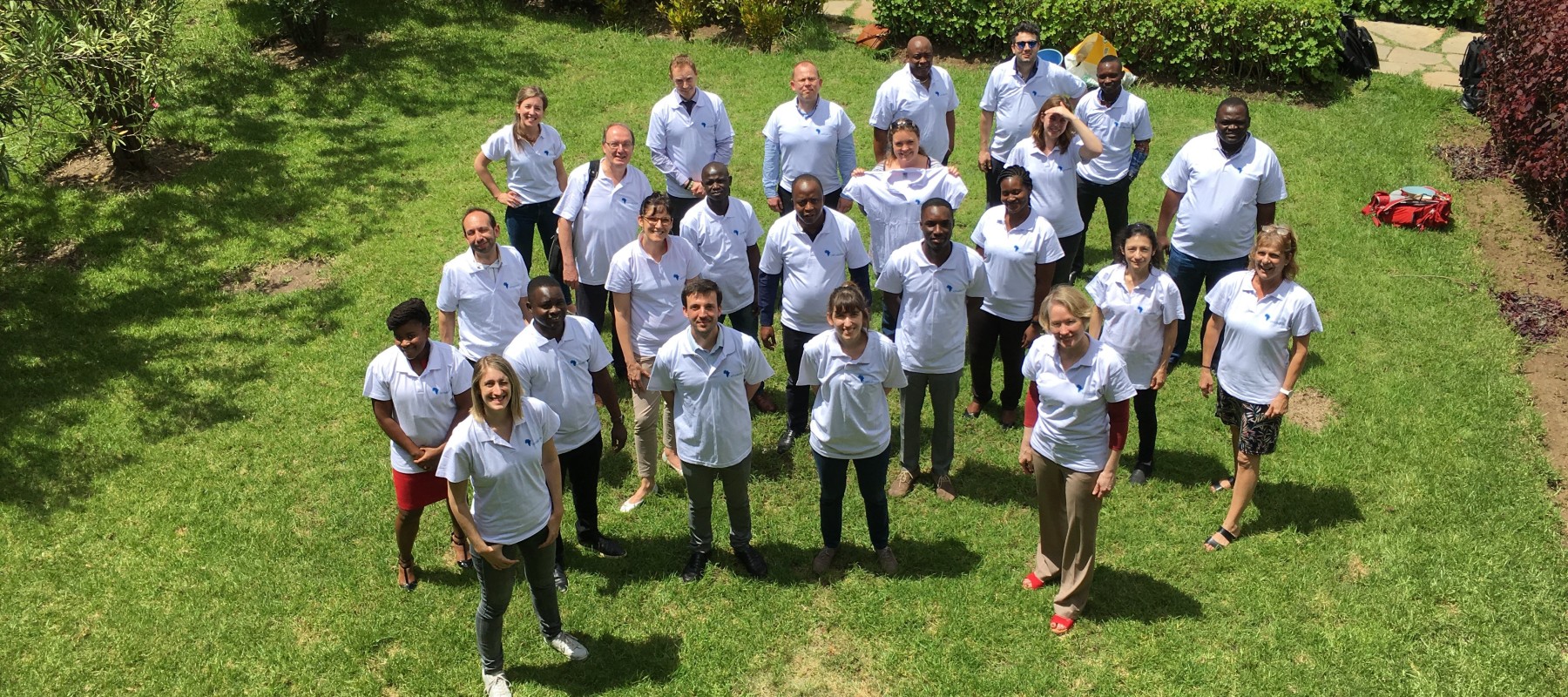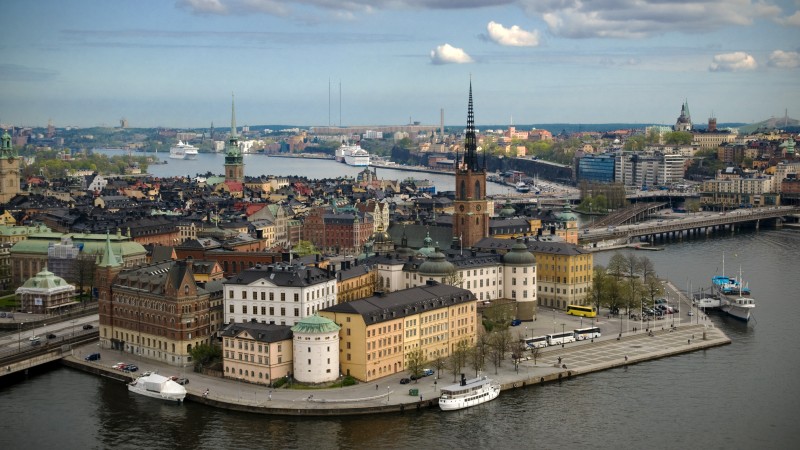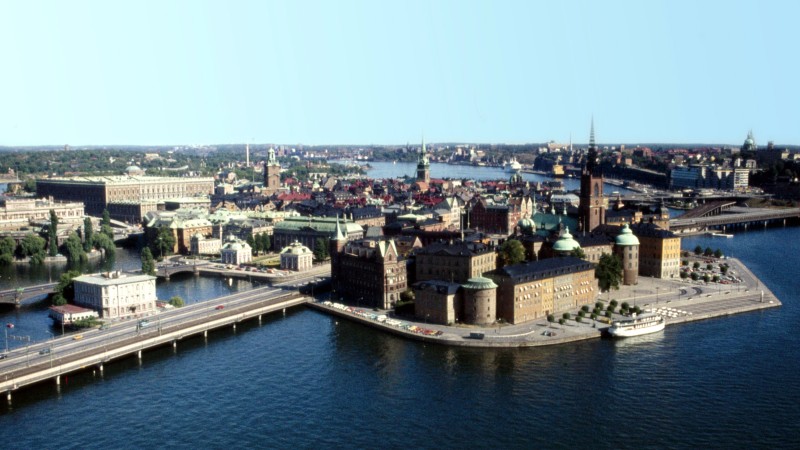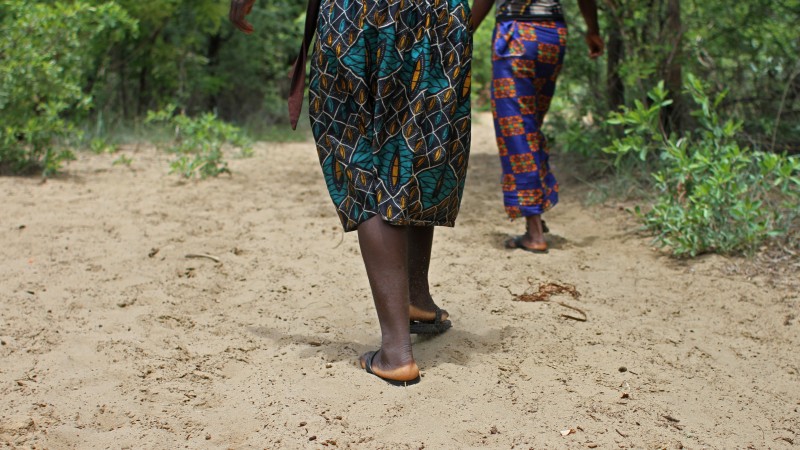
Blog: The annual AfriAlliance meeting – seen through the eyes of Young AfriAlliance
Once a year, the 16 AfriAlliance partners meet during a plenary meeting to coordinate and ensure that the project progresses positively. This year, the meeting was held outside of Nairobi, Kenya, from the 10th to the 12th of April, and I had the chance to take part.
As an MSc student at Wageningen University studying environmental sciences and doing an internship at IHE focused on the AfriAlliance project, this meeting was a great learning experience. Interacting with a wide range of stakeholders contributed to developing different skills namely communication, management, organisational and networking skills.
Annual plenary meetings are crucial because it is the time to exchange among different partners and create progress in an iterative way. I learned that decision making involving multiple stakeholders is a long and sometimes tedious process. Working on a Policy Brief for instance, the partners had to adequately communicate their ideas and negotiate to come to a consensus on the content of the upcoming Policy Brief. Despite many conflicting opinions, a consensus was eventually reached through extensive discussions. Communication was key during the sessions to yield satisfactory results.
Moreover, the logistics of a conference with 28 people representing 16 organizations are quite demanding. Many elements, such as table orientation, post-its, etc., have to be taken into account to ensure that the meeting runs smoothly. This was my first time participating in the organization of a large meeting, which helped me understand everything that has to be accounted for to bring many people from different parts of the world in the same location (i.e. flights, reservations, etc.).
During face to face meetings, networking occurs throughout. Coffee breaks held between the sessions gave the opportunity to unwind and share with the other partners in a less formal context. It was a chance to expand my network by learning about the partner organisations and discover new opportunities in the EU and in Africa. The setting (i.e. Maanzoni Lodge, located outside of Nairobi) helped facilitate interaction with the partners during the free time as the surroundings offered scenic landscapes and the opportunity to discover Kenya with its culture and wildlife. This created a sense of camaraderie, which was helpful in facilitating discussions throughout the meeting.
As water related problems are becoming increasingly ubiquitous in Africa, different stakeholders at different levels ought to come together and work towards solutions. Taking part in this plenary AfriAlliance meeting was indeed a great opportunity. It showed me the process through which change can come about in Africa, and how different stakeholder can work together for progress. Young AfriAlliance gives students and graduates the chance to have an active role in a big scale project and learn about different tools that will be instrumental in their future careers. Many more opportunities may arise in the coming months through Young AfriAlliance for interns, students and young professionals.
This blogpost was written by Joel Angoran - IHE Delft




